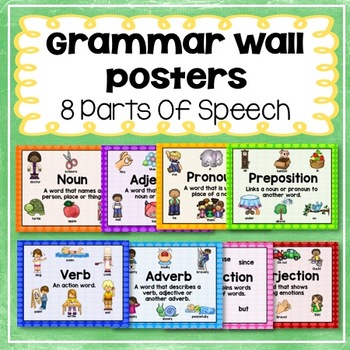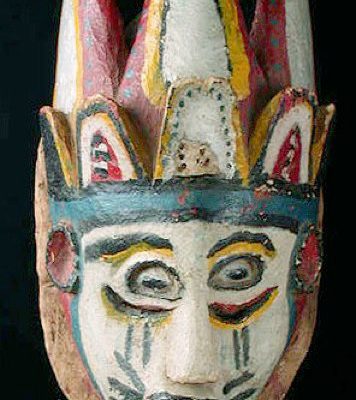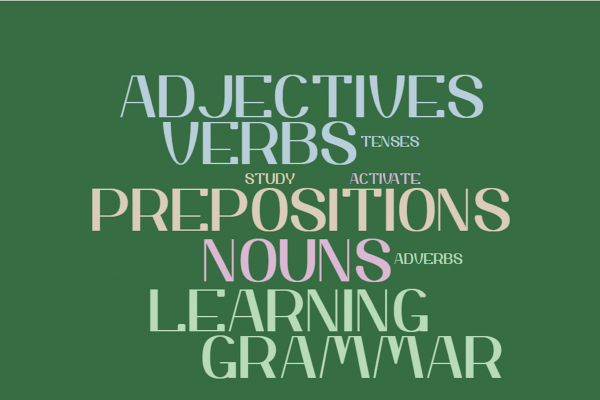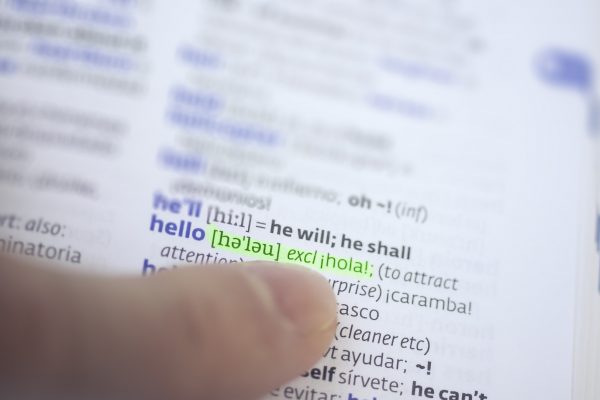A major impediment to in-depth study of African languages is the absence of metalanguages for studying them in schools. This consciousness has elicited a patriotic response from concerned Igala linguists and ‘linguistic engineers,’ who have come together to lay a foundation for the scientific study of Igala language, starting with creating a metalanguage that will facilitate learning. Their first preoccupation was the coinage for the English word, ‘grammar,’ as Ọ̀kpàkpà-Ùkọ̀là (Correct Use of Words). Based on that premise, the phrase, Ọ̀kpàkpà-Ùkọ̀là Igáláà,‘ (Igala Grammar) has been adopted as a subject of study. Other creative coinages are packaged in the word structure agreed to as follows:
PARTS OF SPEECH – Ẹ́TỌ́-ẸTỌ́ ÙKỌ̀LÀ
Ẹ́tọ́-Ẹtọ́ Ùkọ̀là àmonẹ̀ che ẹ̀jọ; àma lẹ́ mà chólí jọ ọganẹ̀ èmí-ì: There are eight (8) parts in human speech and they are enumerated below:
- ÓDÚ: Ódú che ọ̀là k’ì ádọ́ ódú onẹ, ódú ẹ́la à̄bẹ̀kú ódú ẹ́ñwu. (Ùjìwe (uj.): Àtábọ, Àdígò; Ọ̀dù-Àtẹ; úná; égbé; ùgánẹ̀; ùfẹ̀dọ̀. NOUN: A noun is a word that names a person, place or thing. (E.g. Àtábọ, Àdígò; Ọ̀dù-Àtẹ, fire, grass, light, love).
- ÁJÍWẸ-ODÚ: Ájíwe-Odú che ọ̀là k’ì ádẹ́ kpàí Odú ìkò dúú; k’ì ákọ̀là lugbo ñwu. (Uj. dúdú, kpikpa, gbó-ẹ́dọ̀, gbítì, rìkókó, rínyọ̀). ADJECTIVE: An adjective is a word that goes with a noun and says something about it. (E,g. black, red, courageous, strong, bitter).
- ÁKOJÍ-ODÚ: Ákojí-Odú che ọ̀là k’ì áche ukọ́lọ́ kojí Odú. (Uj. Òmi, mi, ùwẹ, wẹ, òñwu, ñwu, àwa, wa, àma, ma, ẹ̀lẹ́). PRONOUN: A pronoun is a word that functions in the place of a noun. (E.g. I, me, you, he, she, it, we, us, they, them).
- ÁCHE: Áche che ọ̀là k’ì ákà ichí-ọ́là k’onẹ̀ (àbẹ̀kú ẹ́ñwu) áche. Ọ̀là ñwu che ọ̀là ùche ì ákà ìkò dúú. (Uj. gba, kọ, kà, mí, rúlé, lùlẹ̀, nọ́nā, fẹ̀dọ̀). VERB: A verb is a word that tells us what people do; always, it says something about an action. (E.g. read, write, speak, rest, run, walk, dream, love).
- ÁJÍWE-ACHE: Ájíwe Ache che ọ̀là k’ì árọ̀lọ̀ nyú Áche, k’ì ákà alu k’onẹ̀ áche ẹñwu lè. (Uj. dọ̀lì-dọ̀lì, kpáláká, gbágádáá, lìgọ̀lìgọ̀). ADVERB: An adverb is a word that works with a verb, telling us how a particular action is performed. (E.g. clumsily, agilely, luminously, sweetly).
- ÁKỌ́LÀDÉ: Ákọ́làdé che ọ̀là k’ì ákó ọ̀là òké-ókē, ọ̀là ìdákpe kpàí ùkọ̀là ẹ̀mú dámā efù òlùka-éche. (Uj. kpàí or mányú, àmáà, àbẹ̀kú, íchẹñwu, ekb.). CONJUNCTION: A Conjunction is a word that joins a word, phrase and sentence together. (E.g. and, but, or, if, etc.).
- ÙÑÀ-Ọ̀LÀ: Ùñà-ọ̀là che ọ̀là k’ì ákà ñwú wa ùñà k’onẹ̀ dágō/gwùgwú àbẹ̀kú ùñà k’ẹñwu tẹ. (Uj. òfé, ìbá, éfúù, ójí, àtẹ, ọ́ganẹ̀, àgbàdé, ekb.). PREPOSITION: A preposition is word that tells us the position of a person, place or thing. (E.g. in, inside, above, at, to, through, over, towards, between, etc.).
- ÓGWU-EKPÁ:Ogwu-ékpá che ọ̀là k’ì ákà ogwu k’onẹ̀ kpá efù ìwọ̀ àbẹ̀kú ùgójù. (Uj. Óóó! Èlééè! Èléélelèléè! Àtóógwóò! Àtóógwó lẹ-òò! Í ch’àwúwù nóò! Ókokòkóoo! ekb.) INTERJECTION:́ An interjection is an exclamation escaping from a speaker’s lips, indicating surprise, pain or eulogy. (E.g. Oh! Oh my God! What! What the heck! Wow! Etc.)









